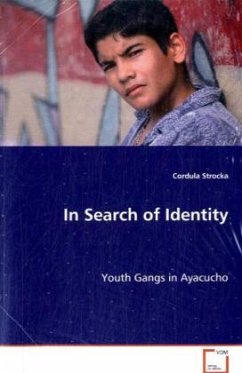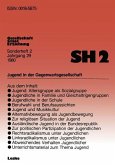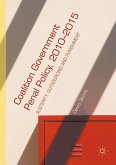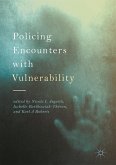In recent years, Latin America has seen a rise inviolence and crime, which has been largely attributedto youth gangs. Yet harsh anti-gang legislation andother repressive measures have failed to stop thistrend. Social programmes for youth involved in gangshave had only limited effects, partly because many ofthem lack a sound problem analysis. This book aims tocontribute to a better understanding of the youthgang phenomenon in Peru and Latin America, ingeneral. It provides an ethnographic study of youthgangs, the so-called manchas, in Ayacucho, a regionin the Peruvian Andes. The study adopts aninterdisciplinary and participatory approach andrejects the widespread view of youth gangs asinherently violent and criminal groups. Instead, itis argued that young people join manchas to achieve apositive social identity and enhance their socialstatus. Moreover, the violence committed by manchasis a response to experiences of domestic,institutional, structural and symbolic violence. Thebook will be of particular interest to students andscholars of Latin American studies, anthropology andsociology, but will be equally useful topractitioners working with youth at risk.
Bitte wählen Sie Ihr Anliegen aus.
Rechnungen
Retourenschein anfordern
Bestellstatus
Storno








